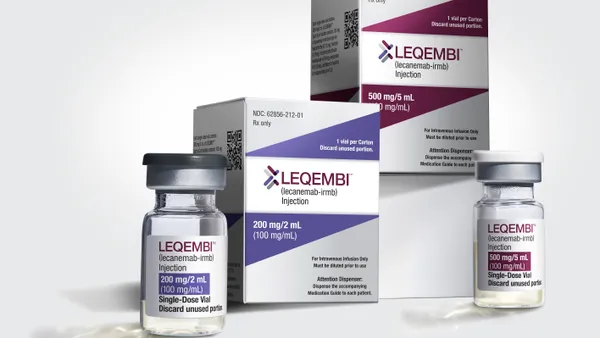It's evident at this point that the convergence of AI and IoT will significantly impact healthcare and pharmaceuticals. As a seasoned pharmaceutical software development company, we actively monitor compelling and promising use cases for these technologies within the industry. One such application, gaining substantial traction in recent years, is enhancing outcomes for individuals living with chronic conditions.
-
A study published in the National Library of Medicine states that AI methods are being progressively established as suitable for use in daily clinical practice, as well as for the self-management of diabetes. Consequently, these methods provide powerful tools for improving patients’ quality of life.
-
A review published in Nature Reviews Cardiology says that evidence supports the use of wearable devices in cardiovascular risk assessment and cardiovascular disease prevention, diagnosis and management, although trials are still needed to establish their advantages.
-
An AI lab at Cambridge University carried out research that suggests AI-driven personalized medicine enhances treatment for common conditions (e.g., heart disease, cancer) and rare diseases like cystic fibrosis. It enables clinicians to tailor medication timing and dosage based upon individual health profiles, thereby moving away from blanket criteria like age and sex. This approach facilitates earlier diagnosis, prevention and improved treatment, which saves lives and optimizes resources.
So, how exactly can AI and IoT be used for the treatment of chronic conditions?
Chronic diseases, such as diabetes, cardiovascular diseases and respiratory disorders, require continuous monitoring, personalized treatment plans and timely interventions to prevent exacerbations and complications.
Real-time monitoring and data collection
IoT devices, such as wearable sensors, smart inhalers, blood glucose monitors and connected scales gather real-time health data like vitals, activity levels and medication adherence. This data can then be fed into AI algorithms that can identify trends, predict potential complications and help personalize treatment plans.
Early intervention and prevention
AI can analyze vast datasets to identify individuals at high risk of developing chronic conditions, enabling early intervention as well as lifestyle changes to prevent the onset. For existing patients, AI can detect early signs of exacerbations and facilitate timely interventions, preventing hospitalizations and improving outcomes.
Personalized medicine and medication management
AI models can analyze individual patient data and medical history so as to help healthcare professionals devise personalized treatment plans for their patients. AI-powered chatbots can also offer ongoing support, educate patients and remind them about medication adherence.
Remote patient monitoring and improved care management
Doctors can remotely monitor patients' health data, allowing for timely consultations and adjustments to treatment plans, thus reducing hospital visits and costs. AI-powered tools can analyze patient information to predict the likelihood of hospital readmissions and help allocate resources proactively, improving care efficiency.
In addition to remote monitoring and personalized interventions, IoT and AI technologies offer tremendous potential for population health management and epidemiological research. By aggregating and analyzing data from diverse sources, including electronic health records (EHR), genomics and environmental sensors, researchers can gain insights into disease trends, risk factors and treatment effectiveness on a population scale.
However, unlocking the full value of IoT and AI in chronic disease treatment requires overcoming various challenges, including data privacy and security concerns, interoperability issues and regulatory hurdles. Collaborative efforts among stakeholders, including healthcare providers, technology companies, regulators and patients, are essential to address these challenges and unleash the transformative potential of AI and IoT technologies. You can read about Avenga's research on federated learning to gain expert insights into how healthcare organizations can effectively tackle some of these issues.
If you’d like to learn more about how healthcare companies can enhance operational efficiency and patient outcomes using the combination of IoT and AI, feel free to contact us here.








